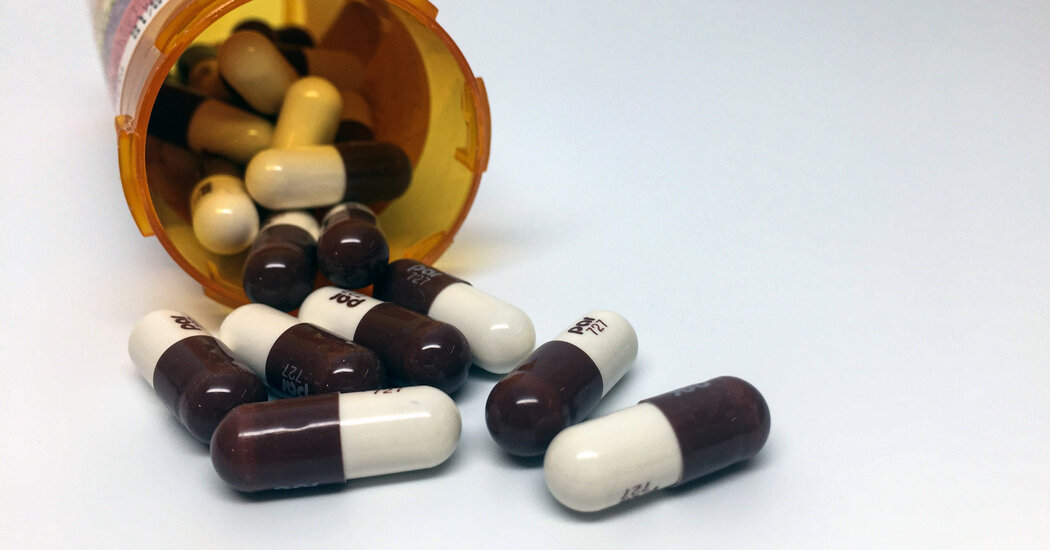
A daily dose of a widely used antibiotic can prevent some infections with syphilis, gonorrhea and chlamydia, potentially a new solution to the escalating crisis of sexually transmitted infections, scientists reported on Thursday.
Their study was small and must be confirmed by more research. Scientists still have to resolve significant questions, including whether S.T.I.s might become resistant to the antibiotic and what effect it could have on healthy gut bacteria in people taking it every day.
The approach would be recommended primarily to people at elevated risk of sexually transmitted infections during certain periods, said Dr. Jeffrey Klausner, an infectious diseases physician at the University of Southern California who was not involved in the new work.
“The number of people who are really going to be offered this and take this is still very small,” he said. “In general, the more choices we have for people, the more prevention options we have, the better.”
The results will be presented next week at a conference of the International AIDS Society in Munich.
The United States now has the highest rate of new syphilis infections since 1950, the Centers for Disease Control and Prevention reported in January. In 2022, the last year for which data are available, there were 1.6 million cases of chlamydia and nearly 650,000 new cases of gonorrhea.
Previous studies have shown that the antibiotic doxycycline substantially cuts the risk of new infections if taken within 72 hours after unprotected sex. The C.D.C. now recommends taking doxycycline after “oral, vaginal or anal sex.”


